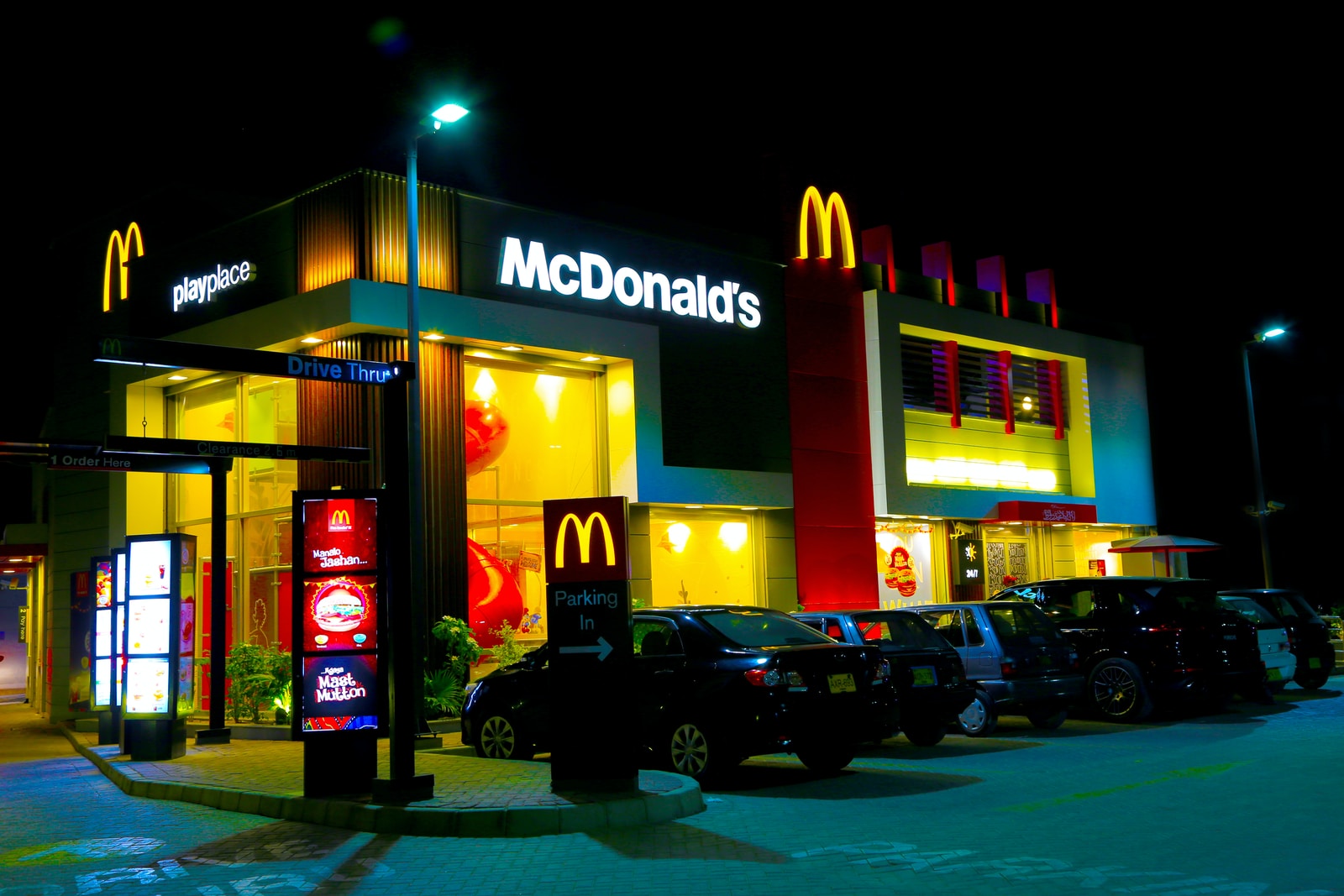While virtual restaurants may not seem like a popular idea, they are becoming more of a trend. Companies like Panera, McDonald’s, and Chipotle have all seen unique opportunities to create virtual locations within the metaverse space, generating initial success. While users can’t actually eat the virtual food offered by these restaurant chains, these locations offer cool experiences avatars to explore as well as exclusive deals, boosting overall engagement with these brands. Users now don’t have to worry about ordering food online or through their phones, as some of these companies are working to make it possible to order home delivery through metaverse platforms.
Chipotle was one of the first companies to invest in the metaverse. In honor of Halloween, last year, they created a virtual corn maze on the Roblox platform featuring “boorito” costumes. Users could explore the virtual location, but also get exclusive coupons for free burritos at real-life restaurants. Chipotle advertised that the first 30,000 users who visited the virtual location would receive a code for one of the $1 million free burritos the restaurant was handing out. These exclusive coupons encouraged users to continue interacting with the brand, even after leaving the virtual location. According to Chris Brandt, the Chief Marketing Officer at Chipotle: “As a digital innovator, we are always experimenting on new platforms to meet our guests where they are. Roblox’s popularity has boomed over the past year, and we know our fans will be excited to celebrate the next evolution of the boorito in the metaverse.” Chipotle’s virtual event showed significant success and kicked off the trend of other companies looking into virtual locations.
Since then, other brands have jumped onto the metaverse bandwagon including Nike and Disney. For restaurants, McDonald’s is the newest company to look into metaverse branding. In early February, McDonald’s filed trademark applications for several virtual services, products, and locations. The applications included: “Operating a virtual restaurant featuring actual and virtual goods” as well as “operating a virtual restaurant online featuring home delivery.” Like Chipotle, McDonald’s hopes to use its virtual restaurants to encourage more real-world sales.

McDonald’s applications quickly followed similar applications filed by Panera Bread. Panera filed to create the “Paveraverse,” which would offer downloadable, virtual drinks and foods for avatars to enjoy, as well as exclusive NFTs. Panera also filed to create a system where customers could purchase real-life products in the virtual world. “Panera is always working to be at the forefront of tech advancement,” said Panera’s Chief Digital Officer George Hanson. “As a brand, we are consistently looking for new ways to better our guest experience, whether in our cafes or in the metaverse.”
Like Panera, McDonald’s is hoping to better their customer experience while meeting these customers at new levels. But unlike Panera, McDonald’s is going further, as their applications are also hoping to trademark “online actual and virtual concerts,” making their locations more experience and entertainment-focused. Josh Gerber, a trademark lawyer and expert in this field believes that McDonald’s’ applications reflect a bigger trend for companies to create a virtual entertaining location for users. “When you see this critical mass of large companies making this many new trademark filings, it’s very clear this is coming. I think you’re going to see every brand you can think of making these filings within the next 12 months. I don’t think anyone wants to be the next Blockbuster and completely ignore a new technology that’s coming.” As big brands are investing millions into developing virtual locations, their big bucks and their big names are boosting the popularity of the metaverse, encouraging more users.
Photo Courtesy of Chipotle’s Press Release
If you found this article to be informative, you can explore more current Digital Twin news here exclusives, interviews, and podcasts.













